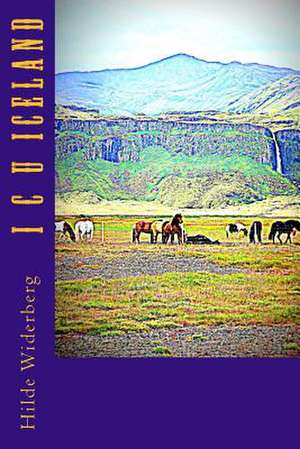I C U Iceland
Autor Widerberg, MS Hildeen Limba Engleză Paperback
Preț: 62.15 lei
Nou
Puncte Express: 93
Preț estimativ în valută:
11.89€ • 12.32$ • 9.93£
11.89€ • 12.32$ • 9.93£
Carte disponibilă
Livrare economică 01-15 martie
Preluare comenzi: 021 569.72.76
Specificații
ISBN-13: 9781495940897
ISBN-10: 1495940896
Pagini: 38
Dimensiuni: 152 x 229 x 3 mm
Greutate: 0.06 kg
Editura: CreateSpace Independent Publishing Platform
ISBN-10: 1495940896
Pagini: 38
Dimensiuni: 152 x 229 x 3 mm
Greutate: 0.06 kg
Editura: CreateSpace Independent Publishing Platform
